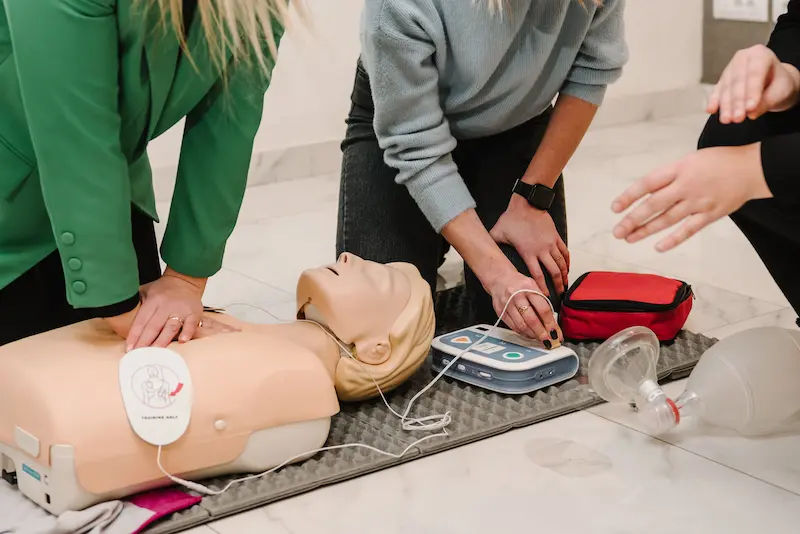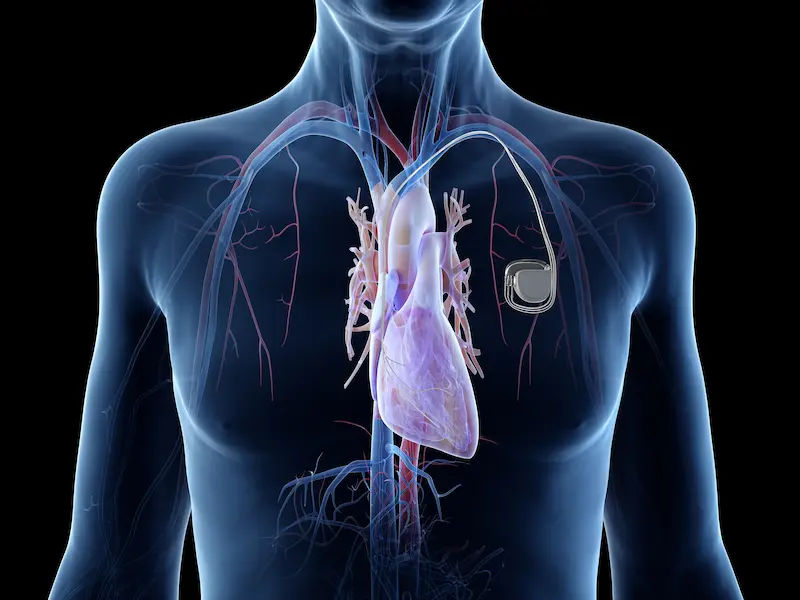- male
- 70 Years
- 29/01/2025
I'm really worried about my dad. He's 70 and went through a pretty tough time with his aorta bursting back in January. The doctors did Bentall Surgery, and it seemed like things were getting better, but then he got a mild case of COVID on February 4th. They've been treating him for that and a bit of fluid in his left lung with antibiotics, and there have been improvements according to his chest X-rays. The problem is, he's been having a low-grade fever in the evenings, around 99-100 degrees, since the surgery. It's been more than a month now with this persistent fever. Do you think this is just a post-op thing or maybe related to COVID? I just really need to understand what's going on. It's pretty concerning for us.
Answered by 1 Apollo Doctors
In this case, the persistent low-grade fever in the evening could be due to various factors, including post-operative recovery, underlying infection, or inflammatory response. Since your father recently underwent Bentall Surgery and is also recovering from mild COVID-19 infection, it is essential to monitor his symptoms closely. To address the fever, the doctors may consider prescribing antipyretic medications such as Acetaminophen (Tylenol) at a dose of 650mg to 1000mg every 4-6 hours as needed to help reduce the fever and provide comfort. Additionally, if there are signs of ongoing infection, antibiotics such as Amoxicillin-Clavulanate (Augmentin) at an appropriate dose may be considered based on the specific infection and sensitivity. It is crucial to continue following up with the medical team to assess the underlying cause of the fever, monitor his overall condition, and adjust the treatment plan accordingly. Regular communication with the healthcare providers will help in managing his recovery effectively.
Dr. Dr Khaleel Suggests...
Consult a Cardiologist
Answered 04/07/2025
0
0

More Cardiology Health Queries
View allWhat test shows blocked arteries in the heart?
The most accurate method to detect blocked arteries remains an invasive test called cardiac angiography, which requires a catheter to be threaded into heart vessels. But the signs of blocked arteries may also be seen on an ECG.
Answered by 1 Apollo Doctors
I've been tracking my pulse rate and it usually falls between 44 to 60 beats per minute. Sometimes I experience a bit of chest pain but my doctor mentioned it's just gas. My blood pressure ranges between 120 to 140 over 80 to 90. Should I be worried about these pulse rates or the chest pain?
Your pulse rate of 44 to 60 beats per minute is considered bradycardia, which is a heart rate that is slower than normal. Since you are also experiencing chest pain, it is important to rule out any underlying heart conditions. I recommend you to take Aspirin 81mg once a day to prevent any clot formation in the heart. Also, you can take Metoprolol 25mg once a day to help regulate your heart rate. Make sure to follow up with your doctor for further evaluation and management.
Answered by 1 Apollo Doctors
I've been dealing with anxiety disorder and was on Ciplar LA 20 for that. My pulse used to be around 55. The doctor recently switched me to Ciplar LA 10, and now my pulse rate is up to 90. I'm wondering if that's something to be worried about? My blood pressure is 12080 and my SpO2 is at 98%. Any thoughts on what this might mean?
no very thing is normal
Answered by 1 Apollo Doctors
Disclaimer: Answers on Apollo 247 are not intended to replace your doctor advice. Always seek help of a professional doctor in case of an medical emergency or ailment.




